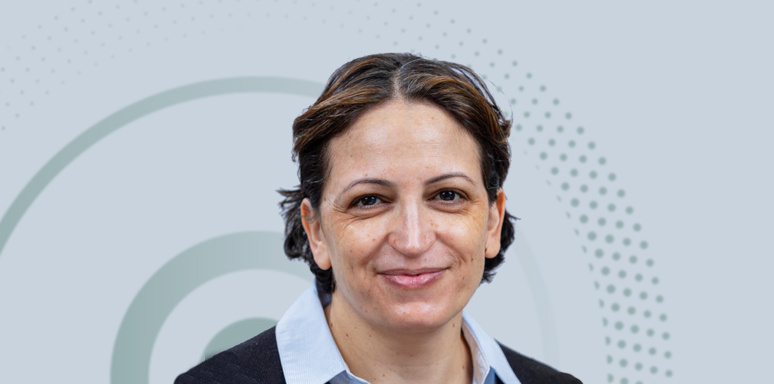A prestigious award for a paper by Prof. Carmit Hazay

The paper, which introduced a new proof system that reduces the computational complexity of zero-knowledge proofs, won an award from the Association for Computing Machinery.
Last month, a paper co-authored by Prof. Carmit Hazay won the CCS 2023 Distinguished Paper Award. The award was presented at the flagship annual conference of the Special Interest Group on Security, Audit and Control (SIGSAC) of the Association for Computing Machinery (ACM). The conference brings together information security researchers and developers to develop advanced tools related to privacy, anonymity, communication security, security in hardware systems, and more. The paper, "Batchman and Robin: Batched and Non-batched Branching for Interactive ZK," was published at the ACM Conference on Computer and Communication Security. Hazay is one of the five co-authors.
The paper considers zero-knowledge proof systems. " A zero-knowledge proof is an interactive proof system in which one party (the prover) convinces the other party (the verifier) of the correctness of a mathematical statement without revealing any information about the proof of the statement other than its validity. For example, the statement can be a proof of knowledge of a secret password to a website or knowledge of sensitive information (such as personal, medical, or legal information)," explains Prof. Hazay. "Zero-knowledge proofs are a very important object in cryptography with many applications in multiple areas such as protection against malicious attacks in secure computation, anonymity in blockchain and digital currencies, identity verification, regulatory compliance, and more."
The research team presents a new proof system for this problem in this paper. "One of the bottlenecks in zero-knowledge proofs is the scenario where the proven statement consists of multiple sub-statements, and the prover knows the proof of only one of them. Most previous solutions required a complexity that increased with the size of the overall statements," Prof. Hazay explains. "Recently, new constructions have reduced communication complexity to depend only on the size of the proven sub-statement for which the proof is known. However, reducing computational complexity remains an open problem. In this paper, we present a new proof system that reduces the computational complexity so that it does not depend on the overall size of the sub-statements. The paper also presents an implementation of the system that achieves orders-of-magnitude improvements over previous constructions."
Last Updated Date : 26/12/2023



